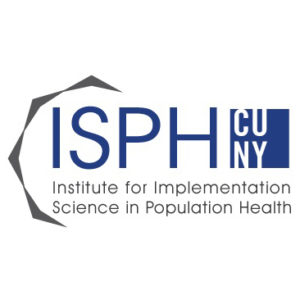The health challenges arising from extreme weather events (EWEs), such as droughts, floods, and major storms (e.g., hurricanes, typhoons) are increasingly common and severe, threatening to undermine public health progress made over the past century. There is limited evidence on how EWEs affect care outcomes among the 37 million people living with HIV/AIDS (PLWH), particularly in geographic regions most vulnerable to EWEs. The absence of rigorous longitudinal assessments of the relationships and causal pathways between EWE exposures and HIV care outcomes remains a crucial gap in knowledge and obstacle to intervention development.
The global IeDEA cohort collaboration, with >2 million PLWH enrolled in HIV care in 44 countries over a long time horizon (2004-present) provides an unparalleled opportunity to characterize the influence of EWEs on HIV care outcomes across several geographic contexts and sub-populations of PLWH (e.g., those with advanced disease, adolescents, those who are pregnant, etc).
The 5-year, mixed methods study will combine high resolution daily data on temperature and rainfall from five publicly available climate datasets with the global IeDEA cohort data from 2004-present to
- Aim 1: longitudinally assess the impacts of EWEs on HIV care outcomes (timely ART initiation HIV viral load monitoring, and HIV viral suppression) (Aim 1).
- In Aim 2, we will use a mixed methods approach to explore subgroups of vulnerability and resilience to EWEs among PLWH, mechanisms of impact, and adaptation and mitigation strategies employed in specific communities to inform interventions.
- In Aim 3, we will create and disseminate a country-level public use climate dataset with geocoded temperature and rainfall data going back to 1984 for ready use by other investigators, program implementers, and policymakers.
We expect this novel study to inform climate mitigation and adaptation strategies, and lay the groundwork for the development of other targeted (population and region-specific) interventions to address deleterious health effects of EWEs. Moreover, we expect our study to have significant implications for global health programs, policies, mathematical modelers and funders, creating new health-related applications for climate datasets.







